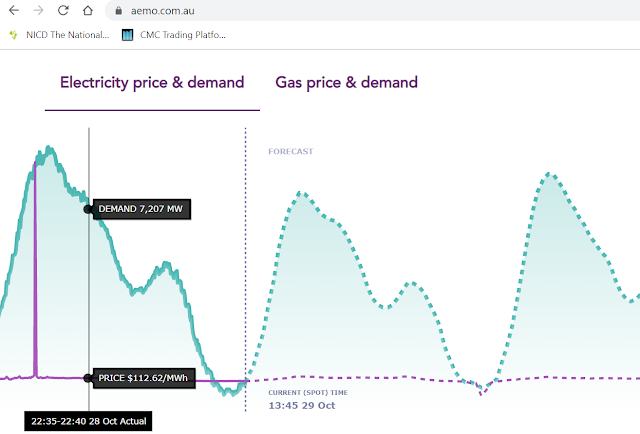Balancing electricity supply and demand

We're used to using electricity without giving it much thought. Flip the switch and it's there. There's quite a lot going on behind the scenes though, and it's important to understand some of this because of what it entails for how we generate electricity, the effects that has on the grid, and the prices that we pay. The physics of the situation limits what we can and can't do, and also has significant effects on the electricity market. We talked about the difference between energy, power and electricity in a previous post , where we learned that electricity is a way transferring energy, and power is the rate the energy is transferred. There are a few things to know about the electricity that comes out of your wall socket via the electricity grid, or the "poles and wires" that connect electricity generators and consumers. The first thing is the voltage, which is like the pressure of electricity. Voltage causes electric current to flow, with increases in v